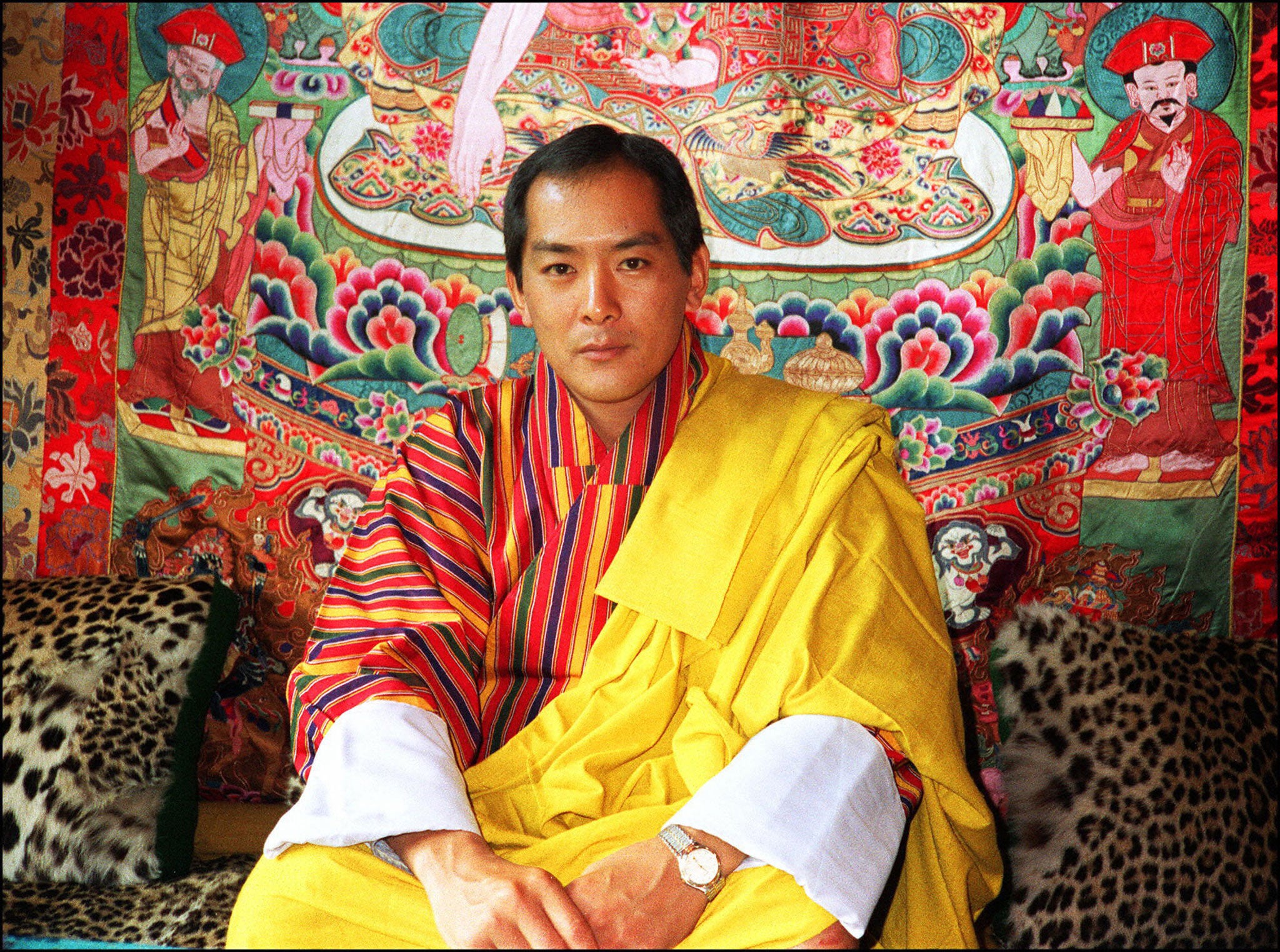International Day Of Happiness: Our happiness is one of the most complex issues we'll ever wrestle with
7 per cent of UK adults rate their life satisfaction as "very high" – but what does that mean?

Your support helps us to tell the story
From reproductive rights to climate change to Big Tech, The Independent is on the ground when the story is developing. Whether it's investigating the financials of Elon Musk's pro-Trump PAC or producing our latest documentary, 'The A Word', which shines a light on the American women fighting for reproductive rights, we know how important it is to parse out the facts from the messaging.
At such a critical moment in US history, we need reporters on the ground. Your donation allows us to keep sending journalists to speak to both sides of the story.
The Independent is trusted by Americans across the entire political spectrum. And unlike many other quality news outlets, we choose not to lock Americans out of our reporting and analysis with paywalls. We believe quality journalism should be available to everyone, paid for by those who can afford it.
Your support makes all the difference.Yesterday my friend Andrew asked me how I was. When I paused and thought about it for a bit, he said: "No. I don't want to know." We both laughed; we're all aware that "How are you?" isn't always a genuine enquiry after our wellbeing. But whenever I'm asked that question, I gaze into the middle distance and wonder whether I'm truly happy. And on the UN's International Day Of Happiness, maybe it's time to acknowledge that our happiness is one of the most complex issues we'll ever wrestle with.
Yes, I should probably have said "fine" to Andrew, rather than ask myself philosophical questions and come up with a rough score out of 10. After all, I can leave that job to the Office for National Statistics. The ONS has been measuring British happiness – and let's face it, we're a perversely grumpy bunch – ever since David Cameron raised the idea of a GWB, or General Wellbeing, index. "There's more to life than money," said the former Eton schoolboy in 2005; and since the Coalition came to power, the ONS has formulated 41 measures of our happiness along with associated questions.
In September last year, it revealed that 27 per cent of UK adults rated their life satisfaction as "very high"; an increase over the previous year – but what does that mean, really? Scandinavian countries persistently top the ratings of the happiest countries in the world, but how do we know they're telling the truth in surveys? Or whether they think about happiness differently? It's all highly subjective, complex and unquantifiable. But you can't blame governments for trying to get answers from us. We're the ones voting, after all.
Strangely, the whole idea of measuring happiness comes from the isolated Asian kingdom of Bhutan, whose former king, Jigme Singye Wangchuck, first proposed a Gross National Happiness index back in 1972. "Happiness is more important than economic development," said the king, rather conveniently, seeing as Bhutan's economic development was negligible.
This idea – money only buys happiness up to a point – works nicely for Western politicians in press conferences, but it still feels like a touchy-feely sideshow. Rises in GDP are announced with great fanfare, but people actually rate stability as more important to their happiness. Meanwhile, September's rise in Cameron's beloved GWB only made an amusing footnote to the day's news. And the 73 per cent of UK adults who didn't rate their life satisfaction as "very high" probably looked enviously at the 27 per cent who did and felt their life satisfaction drop still further.
Gathering stats is one thing; improving life is quite another. Given that it's often difficult to make one's own partner happy, how on earth do politicians propose to cheer up a disgruntled electorate? The World Happiness Database, based in Rotterdam, confidently asserts that an active life is key. Karma Ura, head of the Centre for Bhutan Studies, states that it's important not to have "unrealistic expectations". (Tricky, in an era when we're persistently told that we can be "anything we want to be".)

For today's celebrations, the UN has pulled together a "happiness playlist" featuring Ed Sheeran, David Guetta and James Blunt (rolls eyes), while Pharrell Williams has been enlisted to invite people to upload a picture of themselves which will be combined into a huge animated GIF set to his song "Happy" (winces visibly). Meanwhile, the movement Action For Happiness offers a "free Happiness Pack" for download; it suggests sharing an inspirational message on social media with a special hashtag (hacks off own left arm) or organising a cheery flashmob (hits self in face with bloodied left arm using right arm).
But one of the founders of Action For Happiness, the LSE's Professor Richard Layard, would reject my weary cynicism deployed for cheap laughs. "Our society," he says, "would be happier if it took happiness more seriously." So, even if we scoff at misguided attempts at foisting happiness upon us today, we can still create our own. We can do something nice. Show some understanding. If you ask someone how they are, and they pause to think for a bit, don't say to them, "No. I don't want to know." Maybe give them £10. They'd like that.
Join our commenting forum
Join thought-provoking conversations, follow other Independent readers and see their replies
Comments